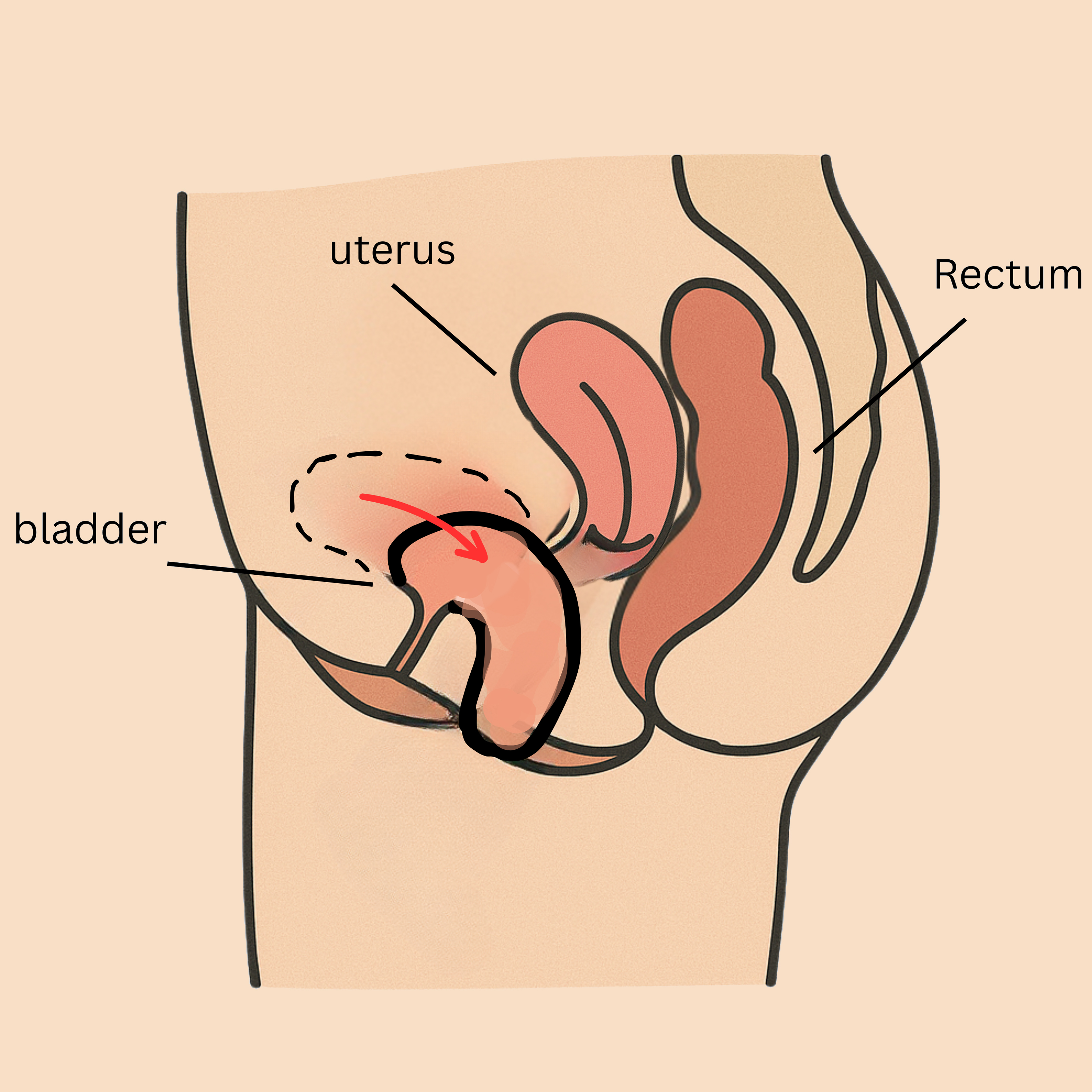Cystocele
Cystocele Treatment in Nagpur
A cystocele, also known as a prolapsed bladder, occurs when the bladder bulges into the vaginal space due to weakened or damaged muscles and tissues that support the bladder and vaginal wall.

info@urogynelegance.com
+91 84462-86033
A cystocele, also known as a prolapsed bladder, occurs when the bladder bulges into the vaginal space due to weakened or damaged muscles and tissues that support the bladder and vaginal wall.
